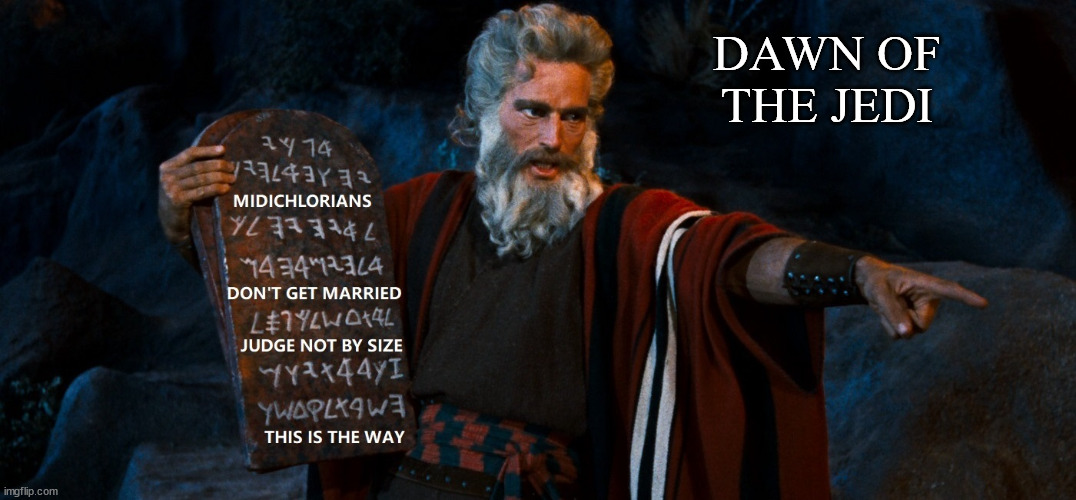-

-

In Memory of LAJ_FETT: Please share your remembrances and condolences HERE -

Speculation Post-TROS state of the galaxy (Newer Republic? Multiple regional powers? Other?)
Discussion in 'Star Wars: Future Films - Spoilers Allowed' started by Ghost, May 8, 2023.
Page 3 of 4
Page 3 of 4



